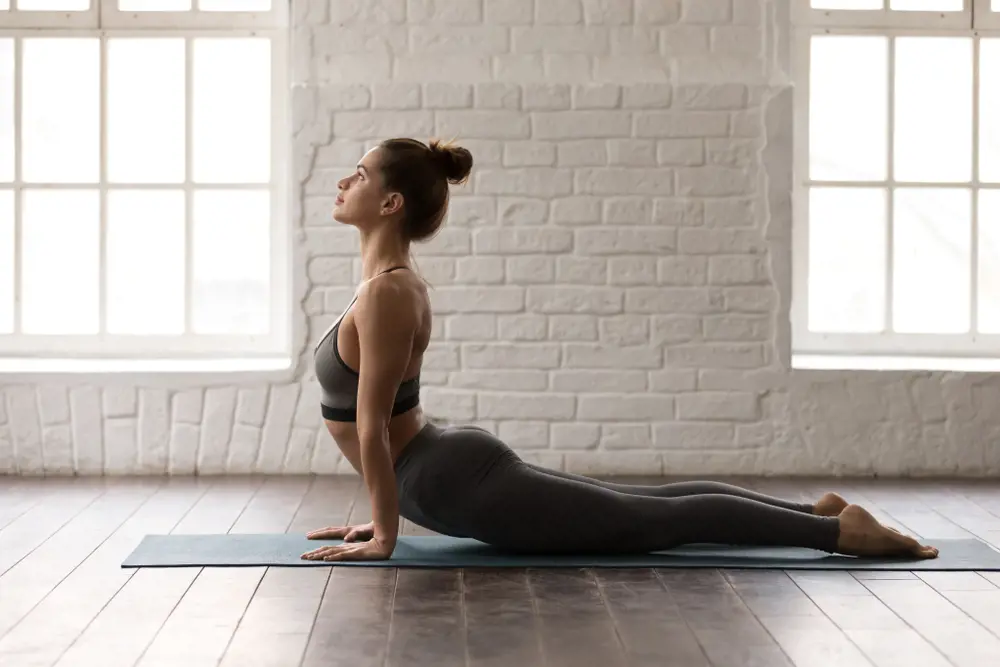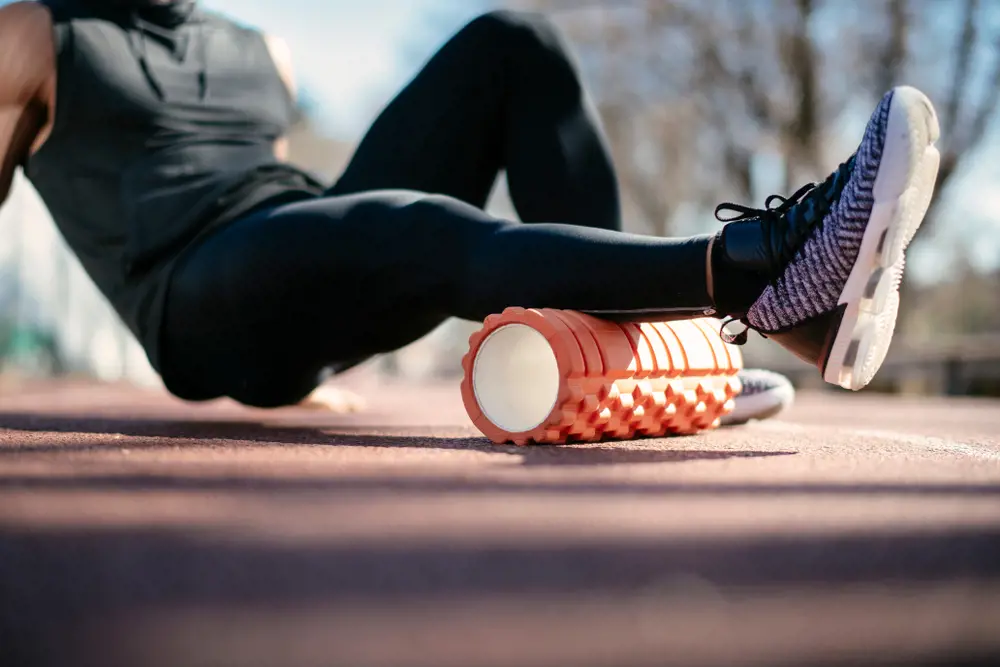
Posture and your health
Posture has far reaching health benefits when we look after it correctly and if we don’t there are also significant long term health consequences.
Health Support
By Bio Island Nutrition Team
Slouching all day at a computer screen, lounging around at home and looking down at your phone are all common activities we do each day which are affecting our posture. What you may not realise is that posture has far reaching health benefits when we look after it correctly and if we don’t there are also significant long term health consequences. Let’s take a look at the good, the bad and the solutions to our get posture straightened out.
So what does good posture actually mean?
Posture is the how you hold your body, this may be when moving, for example when walking or when you are still, such as sitting. When considering good posture this should be so the natural curves in your spine, at your neck, mid back and lower back are in good position and not increasing them or overstretching them. Whilst we are often told to stand up straight, this does not mean we should be too stiff with our posture, you should feel comfortable, loose and flexible.
Try to be mindful of the following:
- Your chin is parallel to the floor
- Weight is evenly distributed on both your feet
- Your knees a straight
- Neutral spine (keeping the natural curves and not overemphasise he curve in your lower back)
- Shoulders are even (trying bringing your shoulders up, back and then down to help with this position)
- You are relaxed and breathing normally
- Hips even, stomach in
- Feet in a position so they are pointing straight ahead
What impacts does posture have on health?
The most common complaints with poor posture often involve back and neck pain, however as posture is based upon how you hold your body it has impacts which may be felt all over. Some of the health concerns related to posture include:
Lung Health: When we breathe, we can breathe using our diaphragm or using muscles around the neck to breathe from our chest. Breathing with your diaphragm fully inflates our lungs to get as much air as possible, whilst chest breathing only partially inflates our lungs. As chest breathing works with the muscles around our necks, when poor posture is also involved it means our lungs cannot fully inflate to our body much needed oxygen to function well. Sitting for too long also has a similar impact preventing our lungs from fully inflating. Chest breathing, with poor posture may weaken our upper body muscles.
Digestive Health: Slouching or other forms of poor posture often leads to compressing vital organs internally. Putting pressure on areas like your abdomen can have impacts such sending stomach acid in the wrong way triggering heartburn. Other things to consider is pressure on your abdomen area may put pressure on your bladder so may contribute to incontinence.
Joints & Muscles: When you have good posture your muscles and joints are in proper alignment, meaning they are stressed less and not in overuse. With poor posture you may see misalignment of your musculoskeletal system, wearing away at joints and spine making them more fragile over time and prone to injury, impacts to how well your joints move and a decrease in your flexibility. This may have a flow on impact to other areas of the body, for example crooked sitting may lead to hip strain or increased muscle tension contributing to headaches.
What are some causes of poor posture?
Usually, our posture is a result of what we are doing with our bodies, these activities can lead to us overusing or under utilising different parts of our body. Some of these causes include:
- Sitting for many hours each day over long periods of time may cause our muscles and joints to weaken or tighten.
- Underuse of a body area, such as back muscles.
- Injuries or accidents may cause posture issues as you change how you hold your body in reaction to healing or protecting the injured area. For example, limping when you have hurt your foot.
- Poor muscle strength, in particular your core muscles or lower leg muscles.
- Stiffness in muscles, decreasing your range of motion. An example would be tight chest muscles pulling your shoulders forward, and impacting your posture.
How can you improve and look after your posture?
There are many ways and options out there to help with your posture. You can also get help by seeing a physiotherapist, osteopath or chiropractor who can help develop a tailored plan for you and your posture concerns. Some general ways you start helping your posture today are:
- If you are working at a desk for long periods of time, stretch and move frequently, change your position every 30-60 minutes, make sure your work area is at a comfortable height and ensure you have an ergonomic chair or lumbar pillow.
- Stay active and participate in exercises that help you be more mindful of your posture, such as yoga, tai chi and dancing. Regularly do exercises that help strengthen your core muscles. For a starting point watch our exercise tips series with exercise physiologist, Andrew Fyffe from the Children’s Hospital at Westmead. Click the link here: https://www.youtube.com/watch?v=M44YprqE2vg
- Invest in a pillow that supports your neck, a mattress which will support your back and shoes that are comfortable, well fitted and low heeled.
- Maintain a healthy weight, extra weight can weaken or strain the areas of your body which are important for good posture.
- Change up some of your usual habits such as where possible crossing your legs at the knee, cross them at the ankle instead.
- When driving ensuring your car seat, steering wheel and head rest are in the right position is important, along with not leaning forward when driving, keeping your vision above the steering wheel at the right height and taking frequent pit stops.
This information does not take into account your personal situation and is general in nature. You should consider whether the information is appropriate for your needs and seek professional medical advice.
Always consult your healthcare professional before taking any supplements or if any concerns arise.






